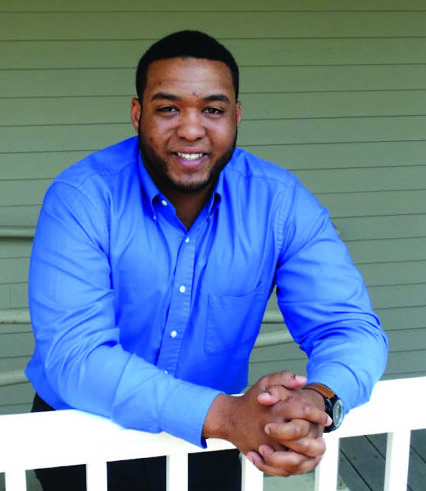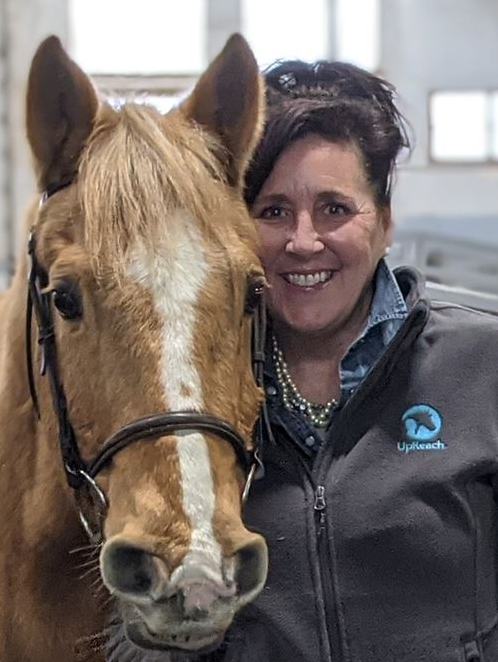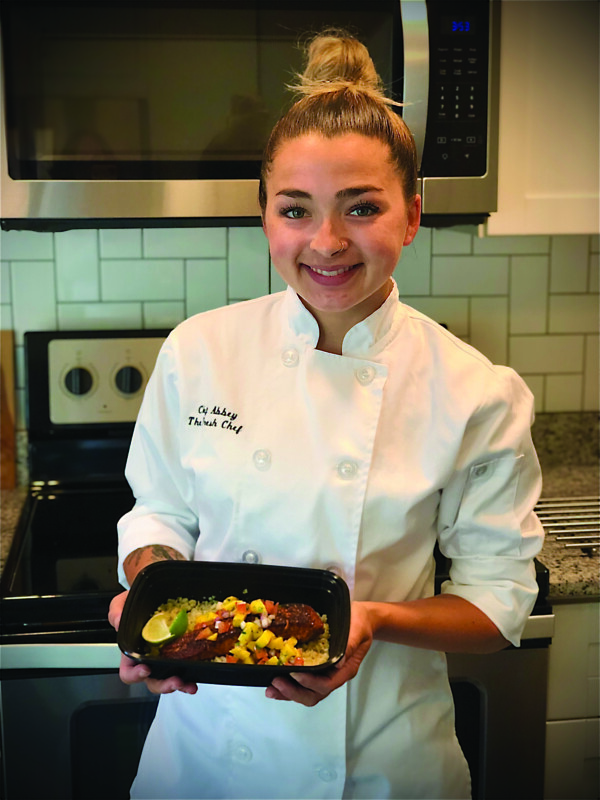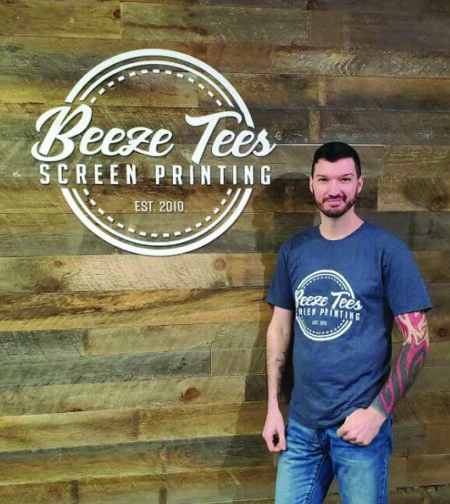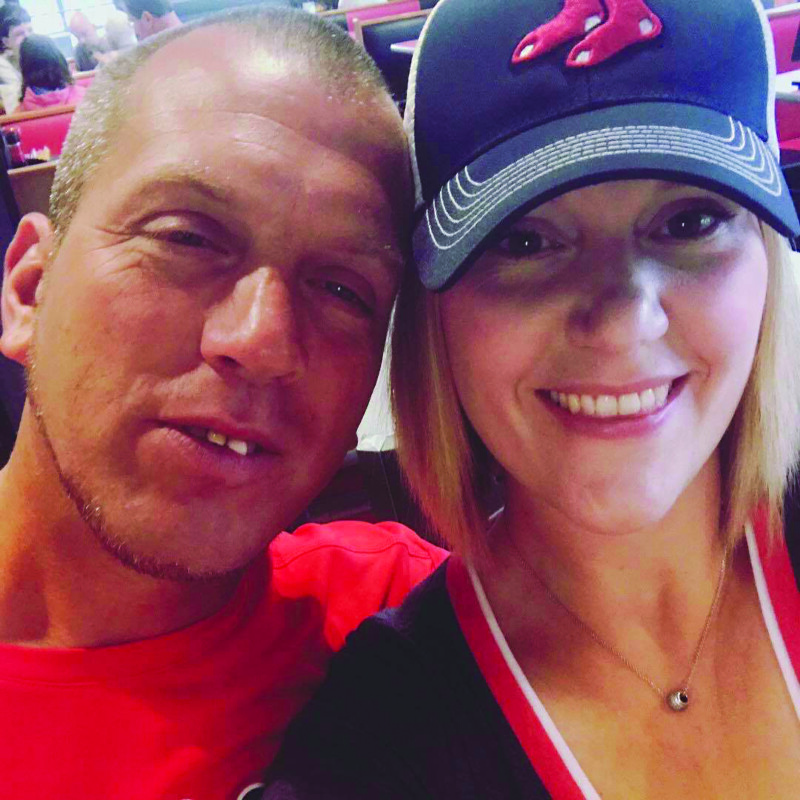Zachery Palmer
Housing cooperative specialist
Zachery Palmer is a housing cooperative specialist for ROC-NH, a program that works to build and strengthen resident-owned communities in the state. ROC-NH is overseen by New Hampshire Community Loan Fund, a nonprofit community development financial institution that provides loans, capital and finance education to New Hampshire people and families with low and moderate incomes.
Explain your job.
I help manufactured home residents and manufactured home park owners, cooperative or private, with their day-to-day business, whether it’s helping them figure out their new budget for the year or … [answering] a resident’s question about what their board of directors is doing or where their rent should go. I help people who are looking to buy manufactured homes … and I connect them with our Welcome Home Loans department, which … does real estate mortgages for manufactured homes in ROC residential communities or on private land. I help residents in private parks turn [their parks] into cooperative parks, [which they can do by] purchasing the land underneath their homes from the private owner and running it as a board-of-directors cooperative. … I also help [parks] with infrastructure projects, like replacing water and sewer lines systems.
How long have you had this job?
Two years.
What led you to this career field and your current job?
I was a bank teller … and I got introduced to the commercial lending world from there. Through a mentor of mine, I found out about the New Hampshire Community Loan Fund and all the interesting and creative financing programs that have spun out of it since its inception.
What kind of education or training did you need?
I graduated from SNHU in 2017 and got my undergraduate degree in business administration. … I also had to study parliamentary procedure and cooperative principles and commercial underwriting.
What is your typical at-work uniform or attire?
A button-up shirt and khakis and … either running shoes or boots, because I travel all around the state to visit manufactured home parks. Some parks have nice, paved roads; some have dirt roads; some are going through infrastructure projects … so I have to be ready for anything.
How has your job changed over the last year?
Like everyone else, we’ve had to adapt to online meetings, internally, as a team, with external partners, and with the cooperatives’ residents and board members themselves. I’ve also been working remotely for the last year and a half.
What do you wish you’d known at the beginning of your career?
To be open-minded and roll with the punches, but stay determined.
What do you wish other people knew about your job?
Affordable housing is a high need right now in the state of New Hampshire, and manufactured homes are truly affordable housing. There are 136 resident-owned communities throughout the state. … It’s one of the most affordable living options for people to build equity and actually purchase a home. Look at the price of a manufactured home versus a stick-built home right now; it’s considerably cheaper.
What was the first job you ever had?
I worked at Subway in high school.
What’s the best piece of work-related advice you’ve ever received?
Never surrender your curiosity. You have to satisfy it for yourself.
Five favorites
Favorite book: As a Man Thinketh by James Allen
Favorite movie: I Am Legend
Favorite music: Snarky Puppy, a jazz-funk band
Favorite food: Steak and cheese sub
Favorite thing about NH: Every part of it is different, from the seacoast to the mountains to the west.
Featured photo: Zachery Palmer

